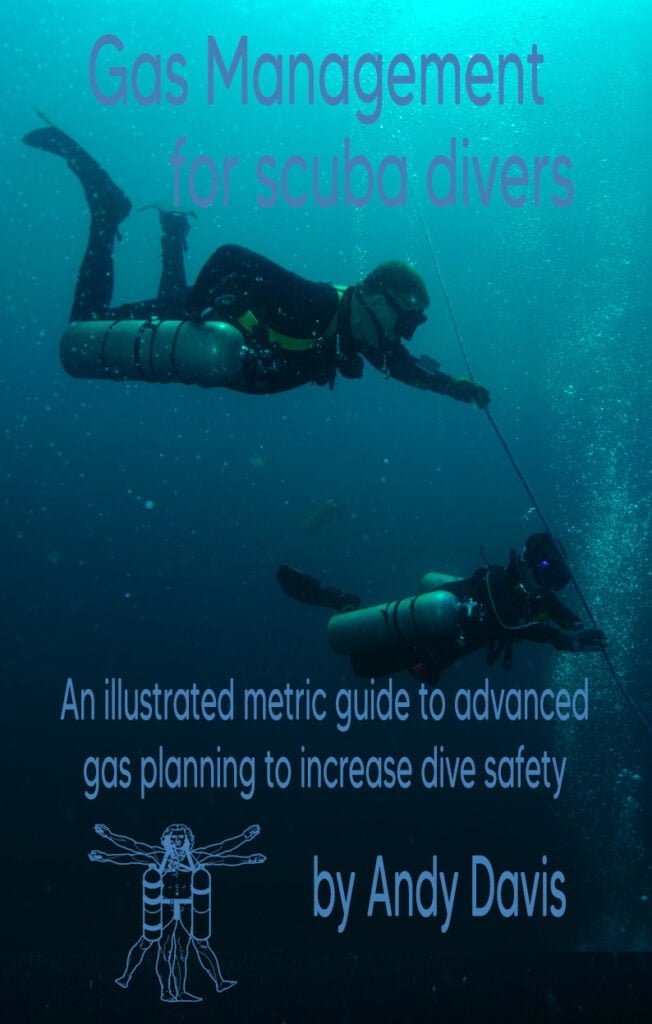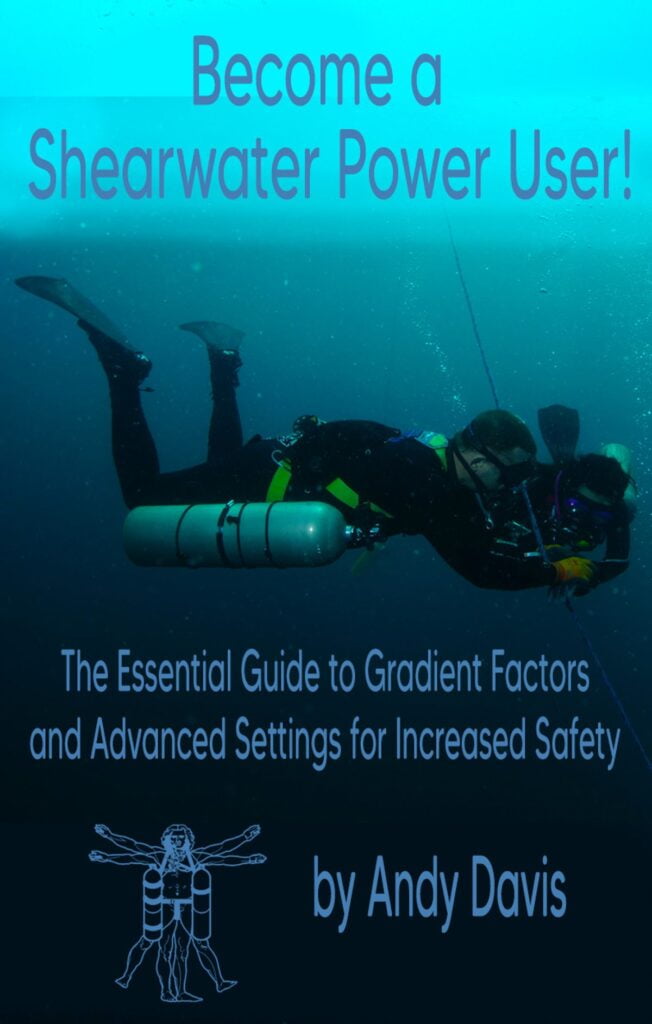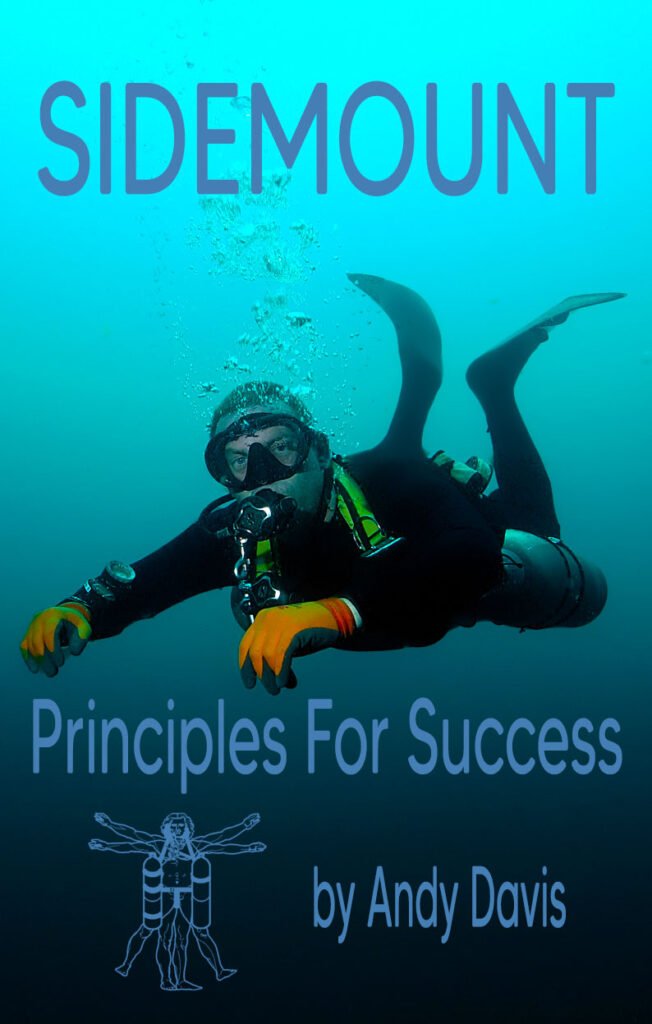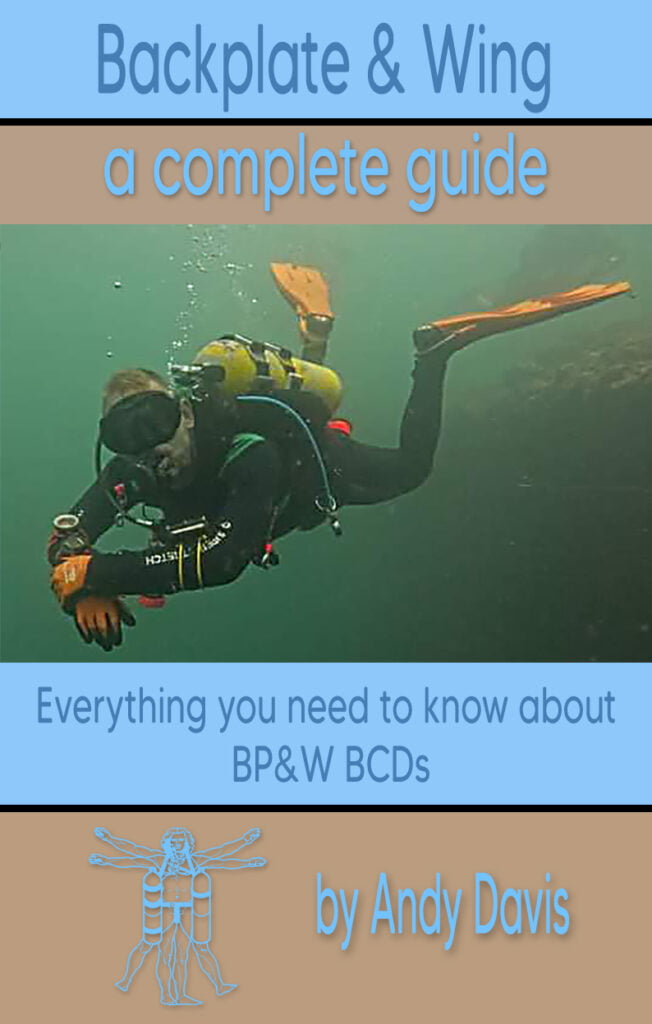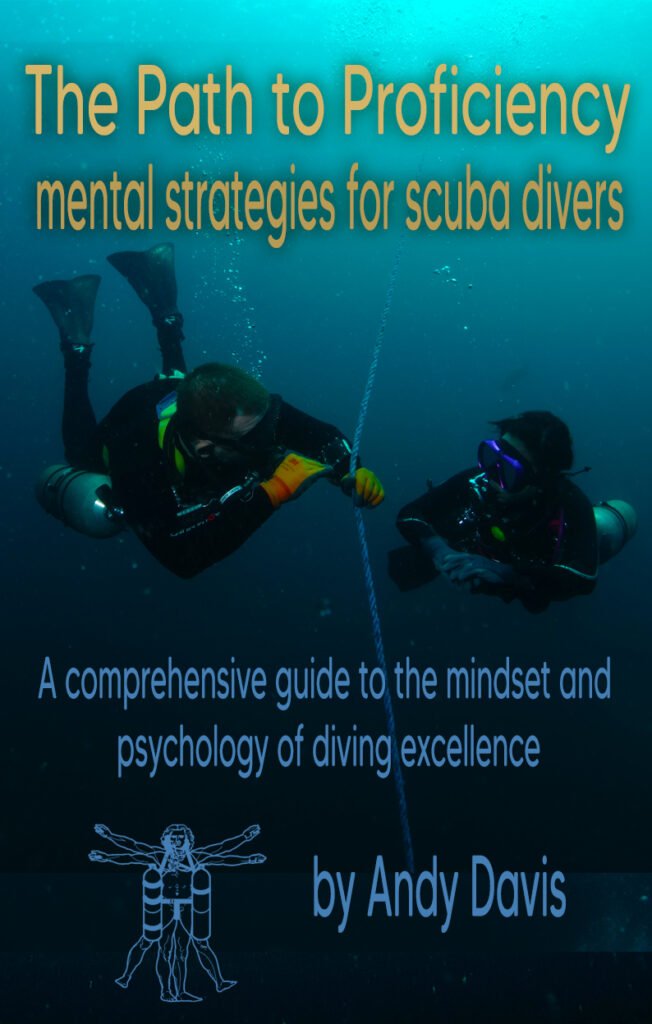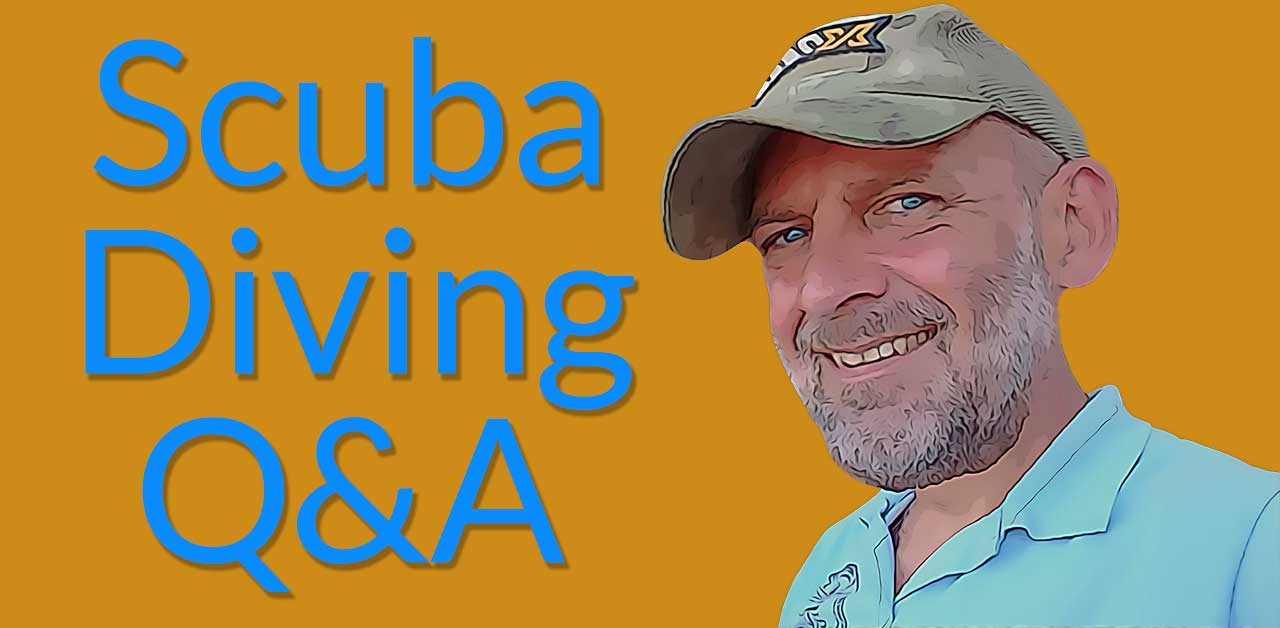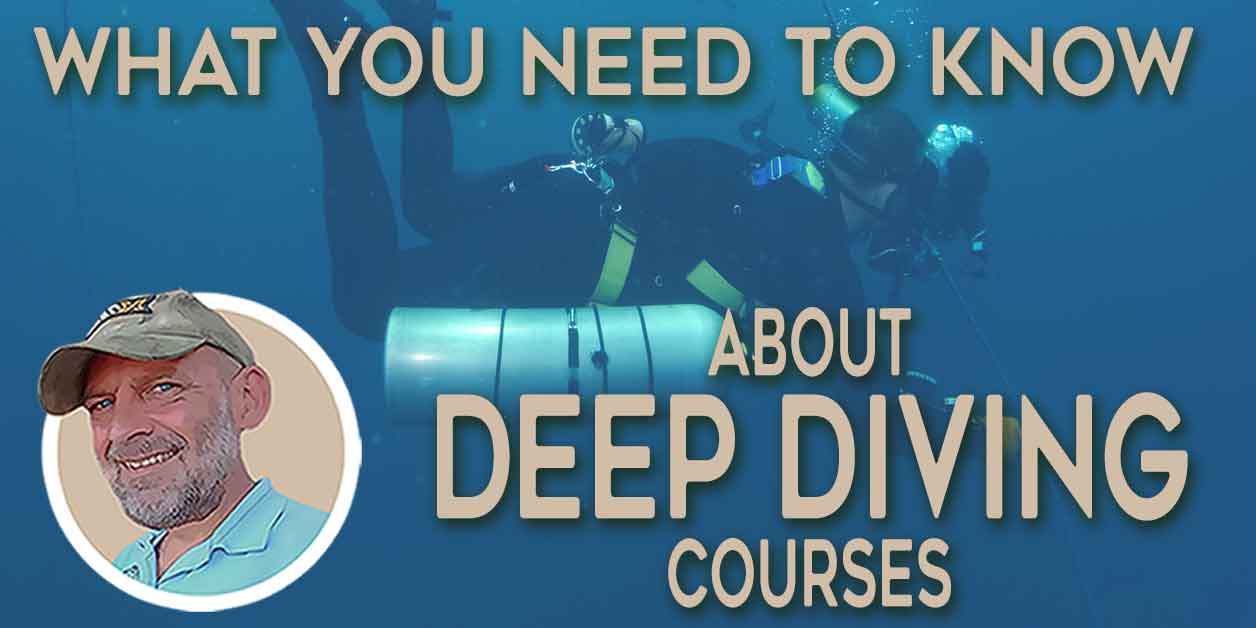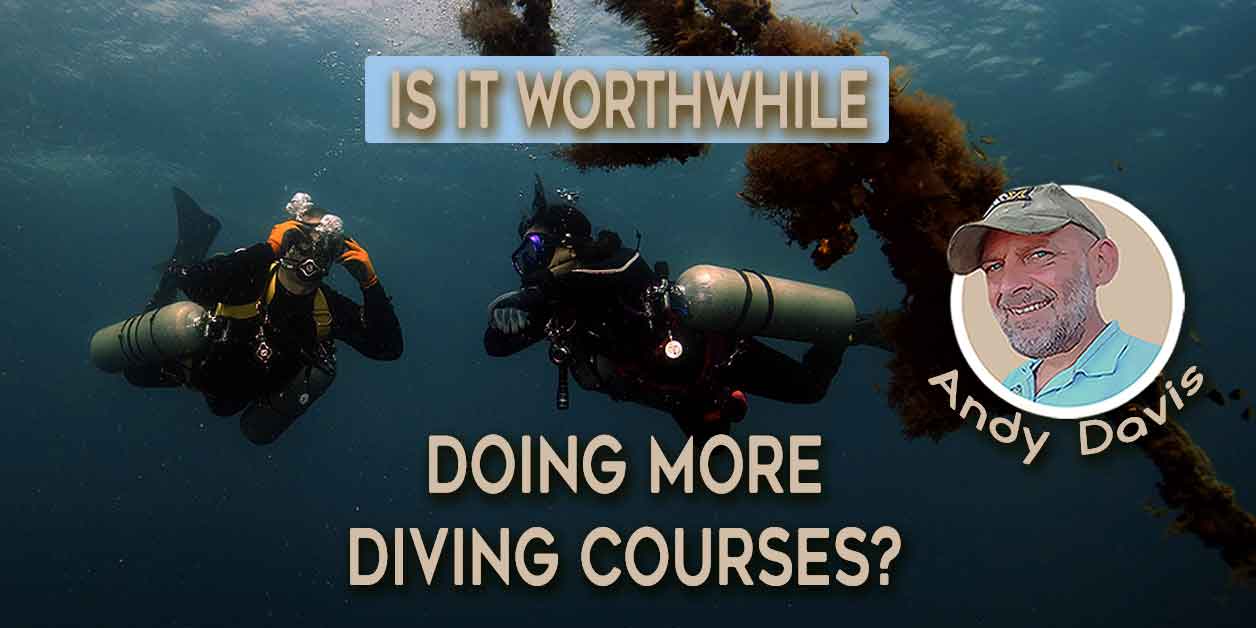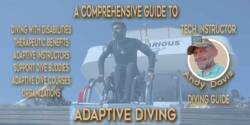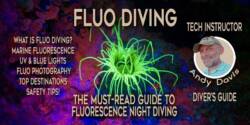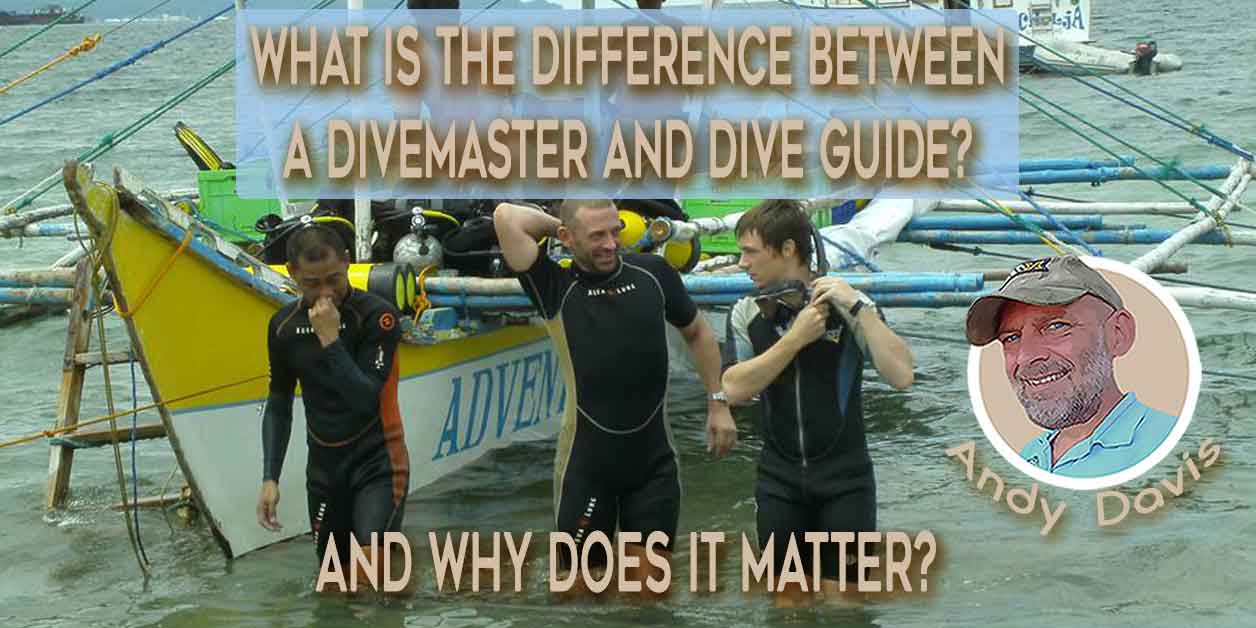How To Maximize Enjoyment as a Scuba Diver: Harness Your Character Strengths and Apply Ikigai for Long-Term Diving Passion
Improving and enjoying your scuba diving is not just about the equipment and technical skills. Your attitude and character strengths play a significant role in making you a better diver and enhancing your overall diving experience.
To truly excel as a diver and realize long-term enjoyment of scuba diving, you can draw inspiration from positive psychology’s framework of character strengths and virtues. In addition, you can apply the wisdom of ancient Greek ‘Eudaimonia‘ and the Japanese concept of ‘Ikigai‘.
Just as these strengths can enhance your overall well-being and happiness, they can also elevate your scuba diving experience.
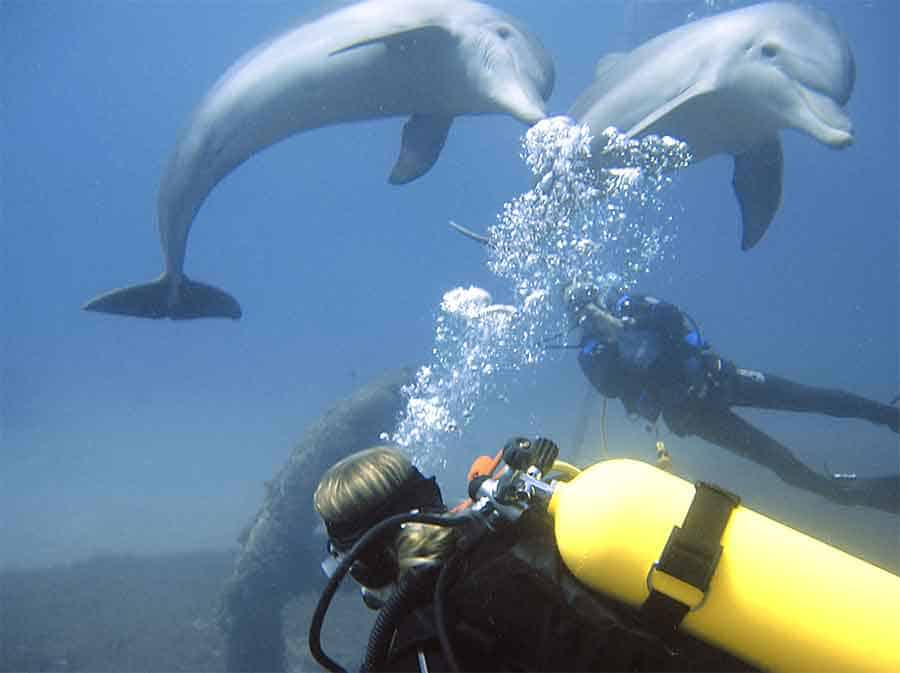
What is Eudaimonia?
Eudaimonia is a Greek term often translated as “happiness,” “flourishing,” or “blessedness.” It is a central concept in ancient Greek philosophy, particularly in the ethics of Aristotle.
Eudaimonia refers to the ultimate goal or highest good that humans should strive for in life. It is often associated with living a virtuous and fulfilling life in accordance with one’s true potential.
- Aristotle believed that eudaimonia is achieved through the cultivation of moral virtues, such as courage, wisdom, justice, and moderation.
- The pursuit of eudaimonia involves living a life of virtue and rationality, as opposed to a life of mere pleasure or hedonism.
- It’s not just the pursuit of momentary pleasure but rather a deep and lasting sense of well-being and fulfillment that comes from leading a virtuous and meaningful life.
Eudaimonic Versus Hedonic Happiness
- Eudaimonic happiness is rooted in self-realization, personal growth, and a sense of purpose.
- Hedonic happiness is focused on immediate pleasure and the avoidance of pain.
Eudaimonia emphasizes long-term life satisfaction, meaning, and flourishing, whereas hedonia centers on maximizing positive emotions and subjective well-being through momentary experiences.
Aspects | Hedonic Happiness | Eudaimonic Happiness |
|---|---|---|
Definition | Pleasure and avoidance of pain | Flourishing and self-realization |
Focus | Momentary experiences and emotions | Long-term life satisfaction and meaning |
Goal | Maximizing positive feelings | Pursuing personal growth and purpose |
Effort | Easy and convenient | Difficult and challenging |
Reward Mechanism | ||
Measures | Enjoyment via instant-gratification | Self-realization, sense of purpose |
Outcome | Momentary happiness | Lasting contentment |
Linked Attributes | Hedonism, enjoyment, pleasure-seeking | Ability to delay gratification, persistence, patience, excellence |
Flow State | Rarely involved flow | Often involves flow |
Timescale | Temporary | Life-long |
Examples in Life | Indulging treats Partying and socializing Retail therapy Promiscuity | Pursuing challenges Volunteer work Embracing personal growth |
Both hedonic and eudaimonic happiness have their place in human life, and individuals often experience a blend of both throughout their journey. However, understanding these differences can help divers make conscious choices that contribute to a more balanced and fulfilling diving experience.
Happiness as a Scuba Diver
As a scuba diver, hedonic happiness commonly manifests as:
- The simple thrill of being underwater.
- The joy of experiencing beautiful marine environments.
- The exhilaration of seeing new marine life.
- Receiving a new certification card.
However, it’s the eudaimonic aspect that truly enriches the scuba diving experience. Divers can find a more profound sense of purpose and fulfillment. For instance;
- Practicing diligently to attain exemplary skills over time.
- Seeking instructors and mentors who will uncompromisingly highlight the weaknesses you need to improve.
- Choosing challenging versus easy training courses.
- Investing effort and time into your development as a diver.
- Pursuing a curiosity to know more than just what is contained in rudimentary diving manuals.
- Applying patience and self-control to increase comfort zone in line with improving competency.
- Developing the right mindset and abilities to help other divers improve.
- Contributing to marine conservation or educating others about the importance of preserving our oceans.
Scuba diving, when approached with a eudaimonic perspective, becomes a journey of self-realization. It enables personal growth and a deep connection with the underwater world. In turn, this fosters a lasting sense of contentment and well-being.
The Six Core Virtues
Before we explore how character strengths can impact your scuba diving journey, it’s essential to understand the six virtues. Drawing upon the philosophy of eudaimonia emphasized by Aristotle, psychologists Martin Seligman and Chris Peterson identified six universal virtues and 24 character strengths within them.
- Wisdom and Knowledge: These strengths are about acquiring and applying information. They include creativity, curiosity, open-mindedness, love of learning, and perspective. For scuba divers, these strengths can translate into a deeper understanding of marine life, ecosystems, and diving techniques.
- Courage: Bravery, persistence, integrity, and vitality are the strengths within this domain. As a scuba diver, courage becomes essential when facing challenging underwater conditions and staying true to ethical dive practices.
- Humanity: This domain involves strengths like love, kindness, and social intelligence. Building positive relationships with fellow divers and showing care for the underwater environment aligns with these virtues.
- Justice: Active citizenship, fairness, leadership, and teamwork are strengths associated with justice. As a responsible scuba diver, these strengths guide your actions in preserving the marine ecosystem and helping others within the diving community.
- Temperance: Temperance strengths include forgiveness, humility, prudence, and self-regulation. They help you maintain balance and humility in your interactions with marine life and fellow divers, fostering a harmonious underwater experience.
- Transcendence: Appreciation of beauty, gratitude, hope, humor, and spirituality are strengths in this domain. They connect you to the awe-inspiring world beneath the waves, enriching your scuba diving adventures.
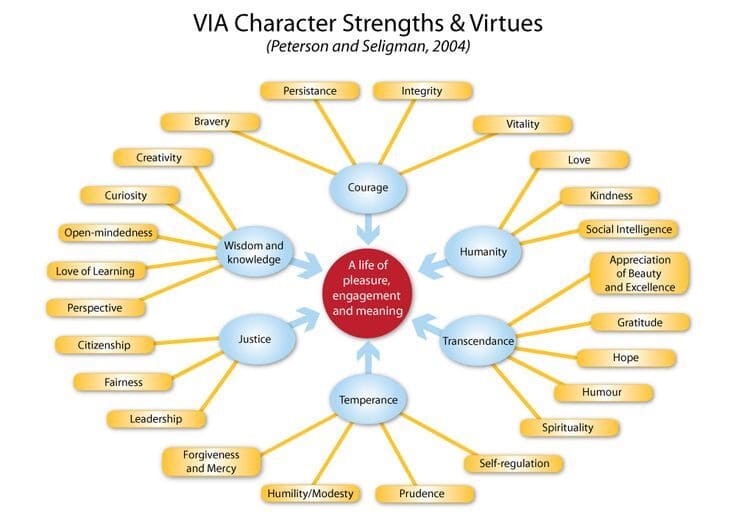
The Power of Character Strengths in Scuba Diving
Your character strengths are not just abstract concepts; they are your allies in the underwater world. When you harness these strengths, you become a more authentic and engaged diver. Here’s how they can benefit you:
- Enhanced Impact: Drawing on your character strengths allows you to positively influence fellow divers and promote responsible diving practices.
- Improved Relationships: Strong connections with other divers and the marine environment are fostered by practicing virtues like kindness and respect.
- Wellbeing and Happiness: Diving with a sense of purpose, gratitude, and optimism enhances your overall well-being and happiness.
Discover Your Own Character Strengths
Not all virtues are created equal for each individual. You have what researchers call ‘signature strengths‘; those character strengths that resonate most with you. They are the ones that define your identity and, when engaged, lead to greater happiness.
For scuba divers, understanding your signature strengths can be transformative. Imagine diving with a heightened sense of purpose, drawing on your unique strengths to navigate the underwater realm. These strengths can empower you to excel in your scuba diving journey.
VIA Character Strengths Survey
To uncover your signature strengths systematically, consider taking the VIA Character Strengths survey. It provides a well-validated psychometric assessment that ranks your 24 strengths based on your resonance with them. This can be a valuable guide to identifying your signature strengths.
Books That Help Understanding Your Character Strengths
Understand Ikigai As A Scuba Diver
Ikigai, eudaimonia, and character strengths are related in several ways, as they all contribute to personal well-being and a sense of purpose.
What Does Ikigai Mean?
Ikigai, a profound Japanese concept, encapsulates the idea of a “reason for being” or “a reason for living.” It signifies the essence of purpose and fulfillment in life, often discovered at the crossroads of several essential elements.
In the Japanese language, Ikigai is a fusion of two words: “iki,” which means ‘life,’ and “gai,” signifying ‘value‘ or ‘worth’.
Together, Ikigai embodies your life purpose, your source of joy, and the motivation that propels you to embrace each new day with enthusiasm.
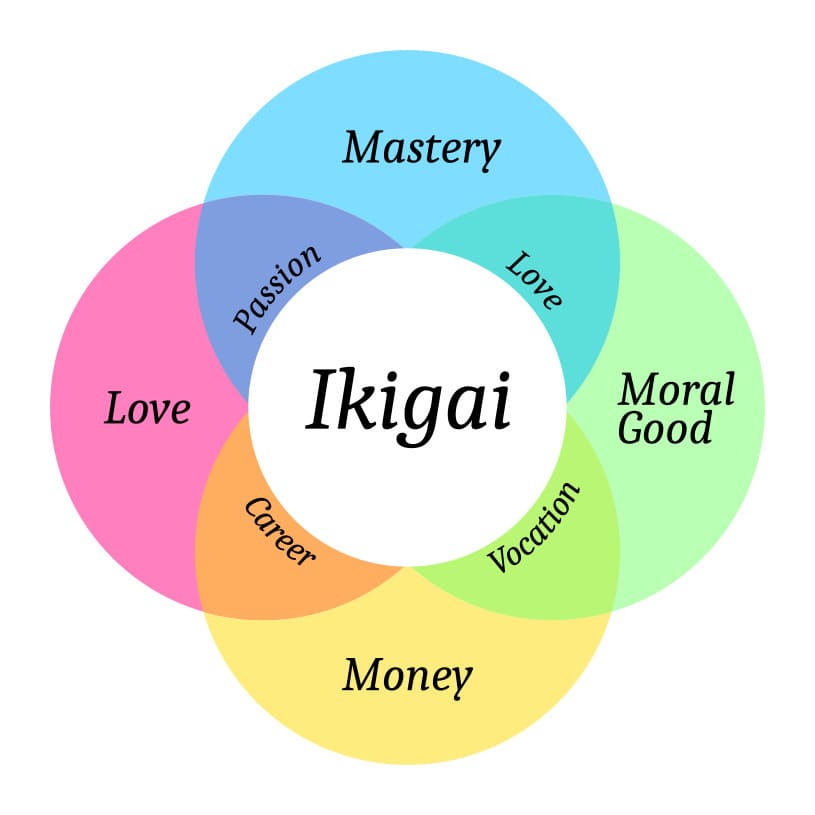
Finding Ikigai in Scuba Diving
What You Love: At the heart of Ikigai lies a deep connection with what you are passionate about and what brings genuine joy to your life. As a diver, this can mean recognizing the difference between the short-term gratification of simply being underwater and the personal investment necessary to evolve diving into a long-term love affair.
What You Are Good At: Ikigai also encompasses engaging in activities where your skills shine, achieving flow state as you apply your talents effectively on the path to excellence. Many divers neglect the pursuit of skillfulness. Those who seek out quality training and engage in deliberate practice walk the path toward achieving Ikigai in scuba diving.
What the World Needs: Your Ikigai should extend beyond personal satisfaction, contributing to the betterment of the world, or serving a purpose greater than yourself. As a diver, this can mean becoming engaged in environmental or research projects, making efforts to improve diver safety, or teaching excellence to other divers.
What You Can Be Paid For: While not solely centered on financial gain, your Ikigai may involve a vocation or work that provides sustenance and support for your life. Becoming a divemaster or dive instructor is one path that many divers pursuing Ikigai follow.
This concept has transcended borders and gained widespread popularity for its holistic approach to finding purpose and happiness in life. It encourages individuals to explore their passions, talents, and societal contributions, ultimately guiding them toward a more fulfilling and contented existence.
The Universal Impact of Character Strengths
While scientific studies on character strengths are relatively new, the impact of virtues on our lives is age-old and transcends cultures. Concepts like ‘ikigai‘ in Japan emphasize the significance of meaningful work aligned with your strengths. The world recognizes the profound effect of engaging with your character strengths on both performance and well-being.
In your scuba diving journey, remember that harnessing your inner character strengths isn’t just about improving your skills; it’s about diving deeper into a life filled with eudaimonia, where every dive is a step towards flourishing.
In conclusion, scuba diving need not just be a physical endeavor for short-term gratification. With the right approach, it can be a meaningful holistic experience that involves your harnessing your character and virtues.
Embrace these virtues, dive with purpose, and let your inner strengths guide you to become a happier, more fulfilled scuba diver. In doing so, you’ll not only improve your skills but also contribute to the thriving diving community and the conservation of our precious oceans.
About The Author

Andy Davis is a RAID, PADI TecRec, ANDI, BSAC, and SSI-qualified independent technical diving instructor who specializes in teaching sidemount, trimix, and advanced wreck diving courses.
Currently residing in Subic Bay, Philippines; he has amassed more than 10,000 open-circuit and CCR dives over three decades of challenging diving across the globe.
Andy has published numerous diving magazine articles and designed advanced certification courses for several dive training agencies, He regularly tests and reviews new dive gear for scuba equipment manufacturers. Andy is currently writing a series of advanced diving books and creating a range of tech diving clothing and accessories.
Prior to becoming a professional technical diving educator in 2006, Andy was a commissioned officer in the Royal Air Force and has served in Iraq, Afghanistan, Belize, and Cyprus.
In 2023, Andy was named in the “Who’s Who of Sidemount” list by GUE InDepth Magazine.
Purchase my exclusive diving ebooks!
Originally posted 2023-09-11 10:44:53.


